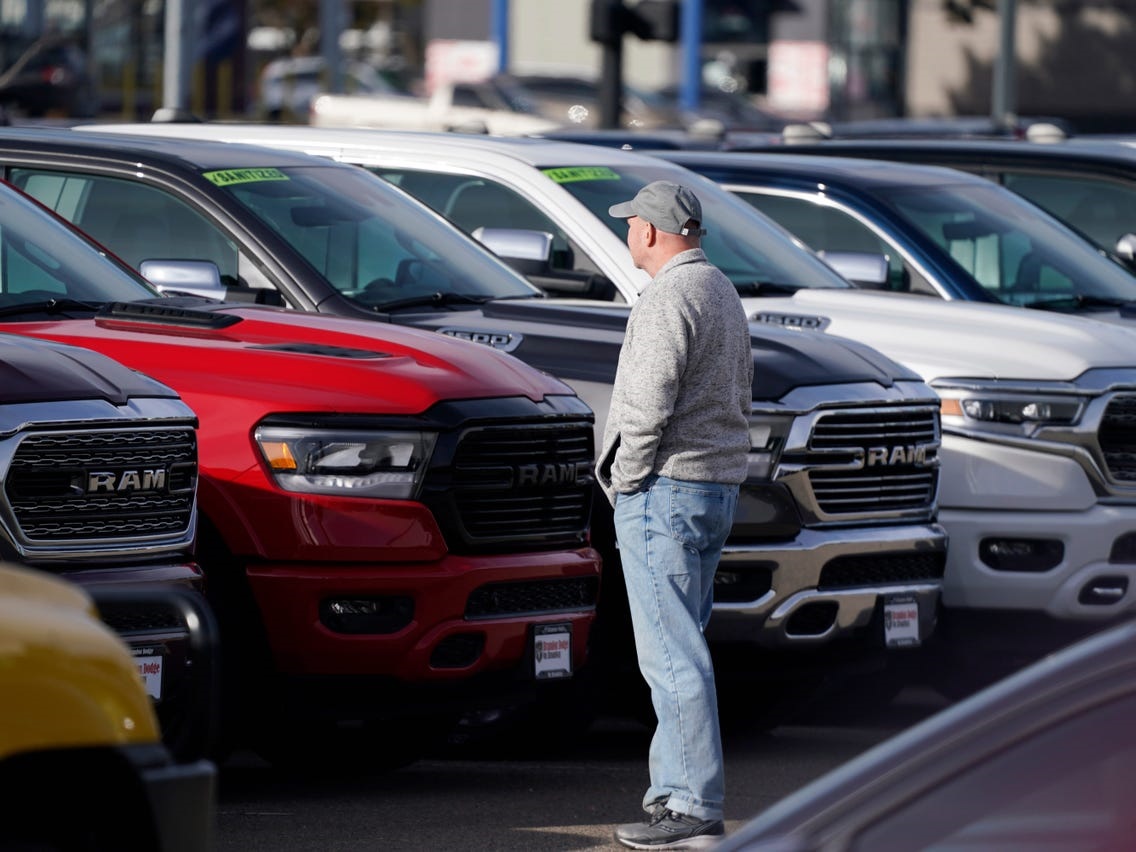RIO DE JANEIRO, BRAZIL – A report from the Cordoba Stock Exchange, the cradle of the automotive industry, reveals that cars manufactured in the country are 33% more expensive than in Brazil and 63% more expensive than in Mexico.
The comparison with these countries is because they are the leaders of the automotive industry in the region. Argentina is the third-largest producer and one of the 30 most important globally, with 435,000 units manufactured in 2021.
Mexico and Brazil are among the ten countries that produce the most cars globally, with almost three million and two million units produced, respectively. Mexico is more focused on the international market and is one of the five largest exporters, while Brazil is focused on its domestic market, one of the ten largest in the world.

Although Argentina shares the status of producer, marketer, and exporter with these two countries, car buyers in Argentina pay the highest prices. According to the study, if we compare the most sold models in the three markets, the units are at least 33% more expensive than in Brazil and 63% more than in Mexico.
There are several reasons why cars are more expensive in Argentina. One is the high level of tariff protection. “The automotive industry is one of the most protected activities in the country, together with the textile sector, which reduces competition, reduces supply, and increases the costs faced by consumers,” the report states.
Added to this are the distortions in the foreign exchange market due to the measures adopted by the national government that limit access to foreign currency for the import of final goods, intermediate inputs, and capital goods, making the cost of production more expensive.
Taxes are also one of the main reasons for the high price differences with other markets in the region. More than half of the final price of a car in Argentina is explained by taxes, while in Brazil, the figure is around 30%, and in Mexico, it ranges between 18% and 33% of the final price of vehicles.
In the sedan segment, the Chevrolet Onix has the highest average price difference compared to Brazil and Mexico; it is between 75% and 80% more expensive. The Toyota Corolla has the smallest gap in this segment, 37% more expensive than in Brazil and 84% more than in Mexico.
The Fiat Cronos, the best-selling car in Argentina last year, costs between 40% and 49% more than in Brazil, depending on its version. That, even though it is manufactured exclusively in the Cordoba plant. It is not sold in Mexico.
Among the best-selling models in the SUV segment are the Nissan Kicks and the Chevrolet Tracker. The former costs at least 43% more in Argentina than in Brazil and 63% more than in Mexico. The Chevrolet Tracker costs 57% more than in Brazil and 69% more than in Mexico. Both SUVs’ full/premium versions cost half as much in Mexico as in the Argentine market.
In the pickup segment, Argentina is more competitive, which is reflected in the price differentials with Brazil, which are lower than in the other models.
The Ford Ranger is 42% more expensive; the Volkswagen Amarok, 38%, and the Toyota Hilux, 33%. The situation is the opposite with Mexico, with the Ford Ranger 79% more expensive in Argentina, the Volkswagen Amarok, 109%, and the Toyota Hilux, 118%.
The comparison was made with the prices reported by the brands themselves in the three countries, and taking the prices in dollars at the official exchange rate in all cases, since this is the rate at which the automakers import and export.

